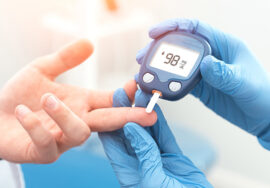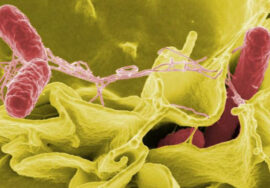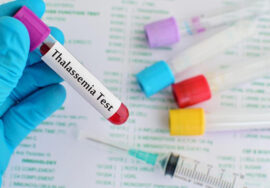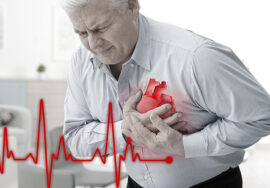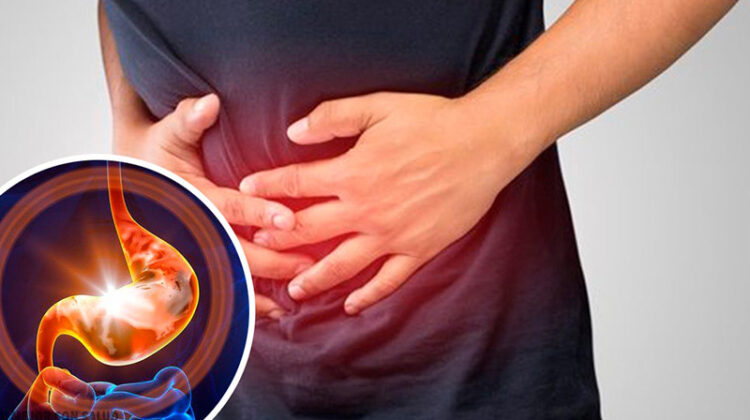
What is Gastiritis?
Gastritis is a general term for a group of conditions with one thing in common: inflammation of the lining of the stomach. The inflammation of gastritis is most often the result of infection with the same bacterium that causes most stomach ulcers. Regular use of certain pain relievers and drinking too much alcohol also can contribute to gastritis.
Gastritis may occur suddenly (acute gastritis), or appear slowly over time (chronic gastritis). In some cases, gastritis can lead to ulcers and an increased risk of stomach cancer. For most people, however, gastritis isn’t serious and improves quickly with treatment.
Symptoms
- Gnawing or burning ache or pain (indigestion) in your upper abdomen that may become either worse or better with eating
- Nausea
- Vomiting
- A feeling of fullness in your upper abdomen after eating
Causes
Gastritis is an inflammation of the stomach lining. Weaknesses or injury to the mucus-lined barrier that protects your stomach wall allows your digestive juices to damage and inflame your stomach lining. A number of diseases and conditions can increase your risk of gastritis, including Crohn's disease and sarcoidosis, a condition in which collections of inflammatory cells grow in the body.
Risk Factors
Factors that increase your risk of gastritis include:
- Bacterial infection
- Regular use of pain relievers
- Older age
- Excessive alcohol use
- Stress
- Your own body attacking cells in your stomach
- Other diseases and conditions
Complications
Left untreated, gastritis may lead to stomach ulcers and stomach bleeding. Rarely, some forms of chronic gastritis may increase your risk of stomach cancer, especially if you have extensive thinning of the stomach lining and changes in the lining's cells.
Tell your doctor if your signs and symptoms aren't improving despite treatment for gastritis.




